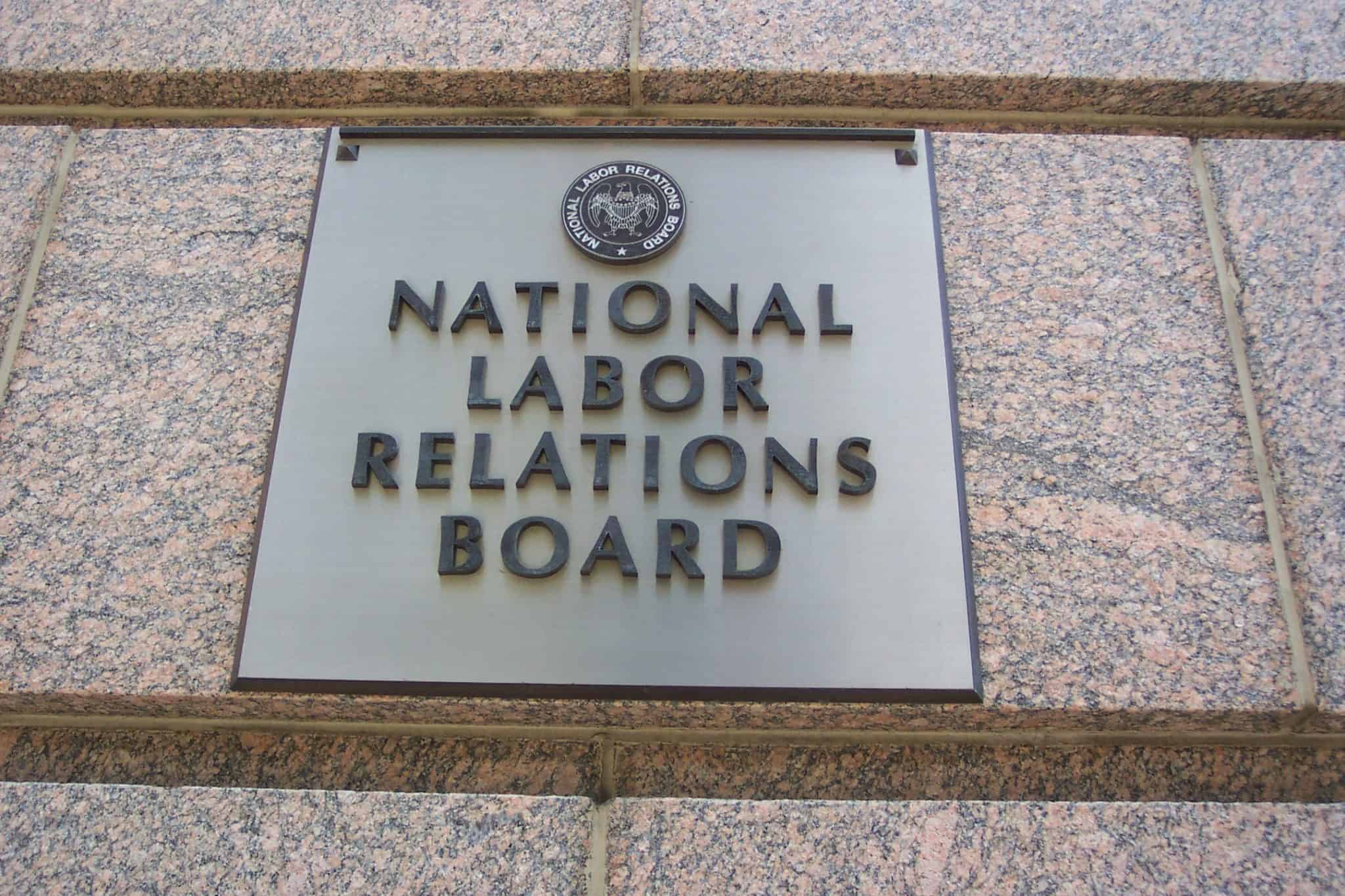
Leigh Thomas is a student at Harvard Law School.
The House Committee on Education and Labor issued a subpoena to the National Labor Relations Board for records about potential conflicts of interest, The Washington Post reports. The Committee is specifically concerned with conflicts involving William Emanuel, an appointee to the board by President Trump. Emanuel previously worked at a law firm hired by McDonald’s to assist its franchisees in countering the Fight for $15 campaign. Lawyers for workers had asked Emanuel to recuse himself from a December NLRB decision approving a settlement between workers and McDonald’s fanchisees. That settlement absolved McDonald’s from direct responsibility for labor violations as a joint employer. The Committee is also concerned with Emanuel’s participation in the Board’s rulemaking process on joint employers. The NLRB has resisted attempts to acquire these documents for more than a year, prompting committee chairman Rep. Robert C. Scott to suggest that the board is covering up malfeasance. NLRB Chairman John Ring called the demands a “made-up controversy solely for political theater.”
The 1st Circuit Court of Appeals upheld an NLRB decision holding that private-sector unions cannot charge non-members for costs related to lobbying. Under a 1988 case Communication Workers v. Beck, bargaining unit members who do not join unions can be charged for costs “reasonably employed to implement or effectuate the duties of the union.” Jeanette Geary, a Rhode Island nurse, filed a charge with the NLRB in 2010 claiming that did not include money for lobbying. The 1st Circuit today affirmed the NLRB’s reliance on the 2014 Supreme Court case Harris v. Quin as drawing a line between collective bargaining and lobbying as activities for private sector unions. The plaintiff in the case is represented by the National Right to Work Legal Defense Foundation, an organization whose mission is “to eliminate coercive union power and compulsory unionism abuses through strategic litigation, public information, and educational programs.” The 1st Circuit decision said that that the issue would ultimately have to be settled by the Supreme Court.
The NLRB released several guidance letters yesterday, including one stating that workers who advocate for police reform or other political causes not directly tied to the workplace are not protected by federal labor law. The letter concerned a worker who testified in support of police reform in his capacity as a Maryland state delegate, and was then fired by United Food and Commercial Workers Local 1994. The letter outlined that the NLRA protects only employee political activity with a nexus to a specifically-identified employment concern. Testifying in support of police reform lacked this nexus, as the worker was acting “in the interest of the community at large.” The guidance letters also addressed two cases of labor issues related to the coronavirus, stating that two employers did not violate the NLRA when they made emergency policy changes without the permission of their workers’ unions.
The head of the New York City’s teacher’s union said in a press conference yesterday that schools are still not sufficiently safe to reopen. This contradicts the statements of Mayor Bill de Blasio, who asserted earlier in the month that 90% of school buildings were ready for students to return. Michael Mulgrew, president of the United Federation of Teachers, identified numerous remaining problems including staffing shortages, building safety concerns, and uncertain attendance. These concerns remain despite the city’s agreement to push back the first day of school until September 21.






Daily News & Commentary
Start your day with our roundup of the latest labor developments. See all
July 2
Block, Nanda, and Nayak argue that the NLRA is under attack, harming democracy; the EEOC files a motion to dismiss a lawsuit brought by former EEOC Commissioner Jocelyn Samuels; and SEIU Local 1000 strikes an agreement with the State of California to delay the state's return-to-office executive order for state workers.
July 1
In today’s news and commentary, the Department of Labor proposes to roll back minimum wage and overtime protections for home care workers, a federal judge dismissed a lawsuit by public defenders over a union’s Gaza statements, and Philadelphia’s largest municipal union is on strike for first time in nearly 40 years. On Monday, the U.S. […]
June 30
Antidiscrimination scholars question McDonnell Douglas, George Washington University Hospital bargained in bad faith, and NY regulators defend LPA dispensary law.
June 29
In today’s news and commentary, Trump v. CASA restricts nationwide injunctions, a preliminary injunction continues to stop DOL from shutting down Job Corps, and the minimum wage is set to rise in multiple cities and states. On Friday, the Supreme Court held in Trump v. CASA that universal injunctions “likely exceed the equitable authority that […]
June 27
Labor's role in Zohran Mamdani's victory; DHS funding amendment aims to expand guest worker programs; COSELL submission deadline rapidly approaching
June 26
A district judge issues a preliminary injunction blocking agencies from implementing Trump’s executive order eliminating collective bargaining for federal workers; workers organize for the reinstatement of two doctors who were put on administrative leave after union activity; and Lamont vetoes unemployment benefits for striking workers.